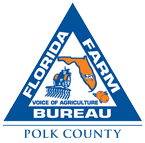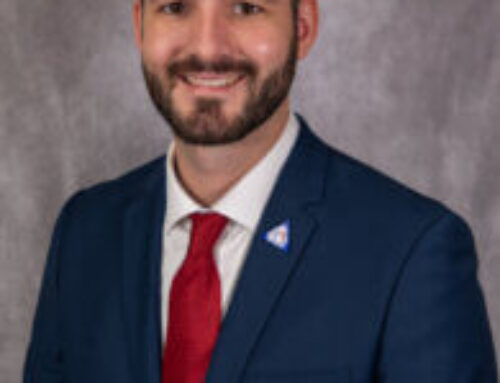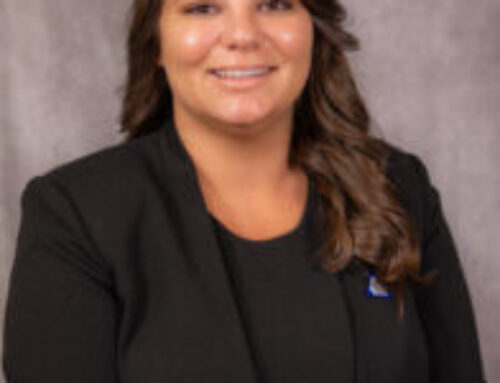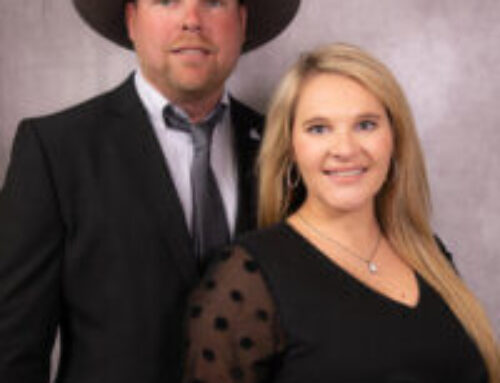Florida Agriculture Has Bright Future
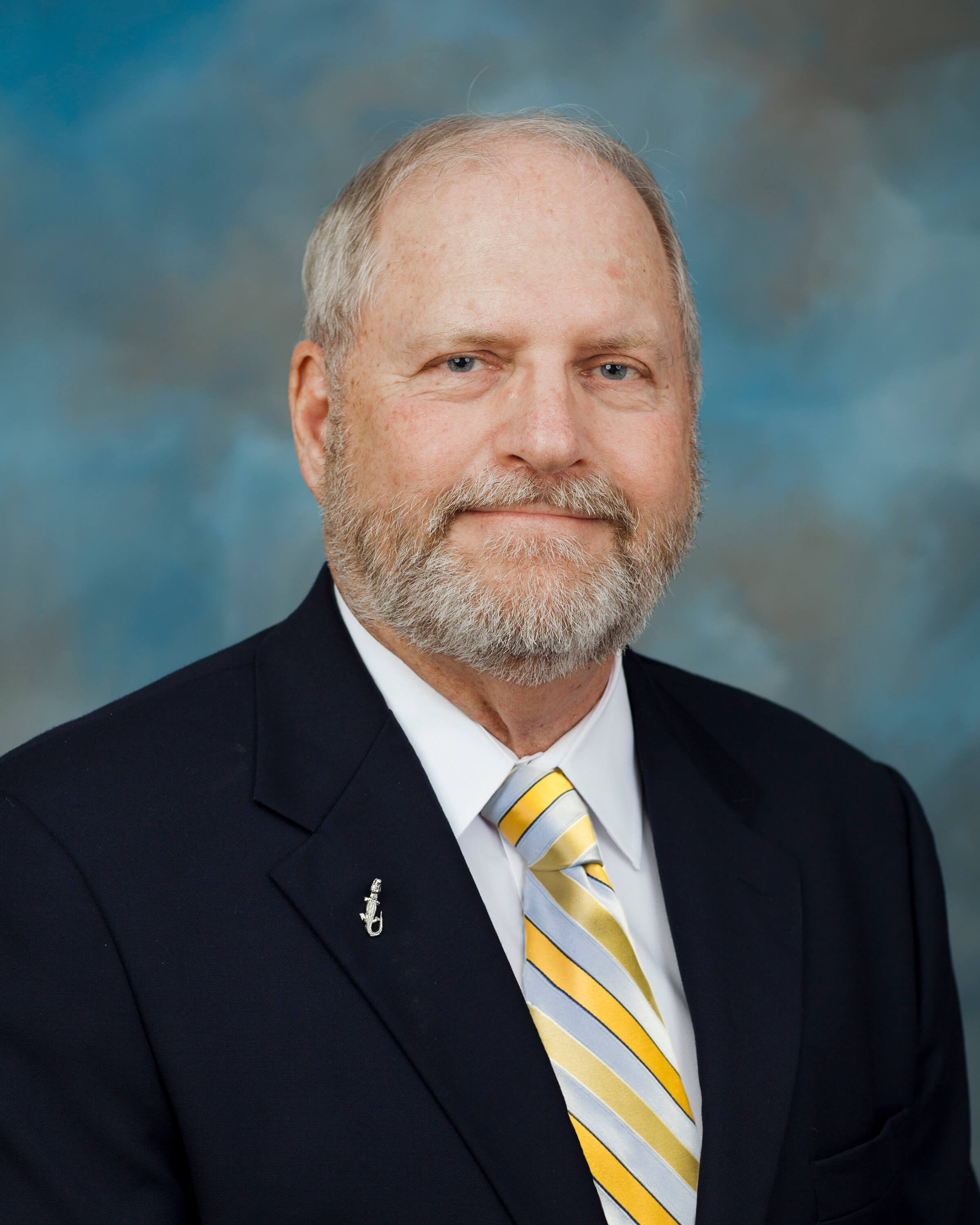
When I see a news story about the demise of Florida agriculture, I can’t help but turn to Mark Twain’s oft-quoted quip that reports of his death were much exaggerated.
The University of Florida’s Institute of Food and Agricultural Sciences is laser-focused on providing biological- and physical- science-based solutions for food producers.
When the challenge is one of perception, though, we also play a key role as communicators. We are not an advocacy group, but we do repeatedly, assertively and compellingly talk about the importance of what you do to feed Florida and the world.
UF/IFAS annually produces the most authoritative report on the economic impact of Florida agriculture. Florida Farm Bureau President John Hoblick and Commissioner of Agriculture Adam Putnam rely on it as they lead the industry to continued prosperity.
You can see an executive summary of the latest report. UF/IFAS also posted a fact sheet in our rapid response to a recent ag-is-dead story. The fact sheet is packed with powerful information.
More than 1,000 people a day are moving here, and we pave over many farms to make way for their subdivisions. Yet the new supermarkets that pop up to feed these newcomers all contain aisle upon aisle of Florida-produced food.
Yes, that’s more food from less land. That productivity boost relies on a thriving innovation economy and a network of field-to-fork industries that make the Sunshine State one of the world’s leading agricultural hubs.
This success story is led by a strong commissioner of agriculture, with science and innovation provided by the state’s land-grant university and a supportive collection of commodity and stakeholder groups, including the Florida Farm Bureau.
Unless we stop eating, Florida agriculture has no choice but to grow. The state’s population is expected to increase by nearly 14 million by 2070.
We have an all-time high enrollment at the UF/IFAS College of Agricultural and Life Sciences this year – more than 5,800 students. Thousands of students see the grand challenge of feeding a projected 10 billion people on the planet in 2050 as an opportunity to do good while doing well.
That challenge offers the potential for an even greater economic future for Florida. Why shouldn’t we have the agricultural equivalent of Silicon Valley? Who better than us to create a concentration of start-ups, laboratories and research centers to innovate better ways to produce food?
Agriculture’s resiliency makes it a mainstay of our economy. When money gets tight, fewer people book hotel rooms or buy theme park tickets. They don’t stop eating.
The real economic story of Florida agriculture is on supermarket shelves, in fields where growers use technology to produce more food than ever, in classrooms where students prepare to dedicate the next 40 years to food production.
That story is that far from being in decline, Florida agriculture has a bright future.
Jack Payne is the University of Florida’s senior vice president for agriculture and natural resources and leader of the Institute of Food and Agricultural Sciences.
By Jack Payne
jackpayne@ufl.edu
@JackPayneIFAS
